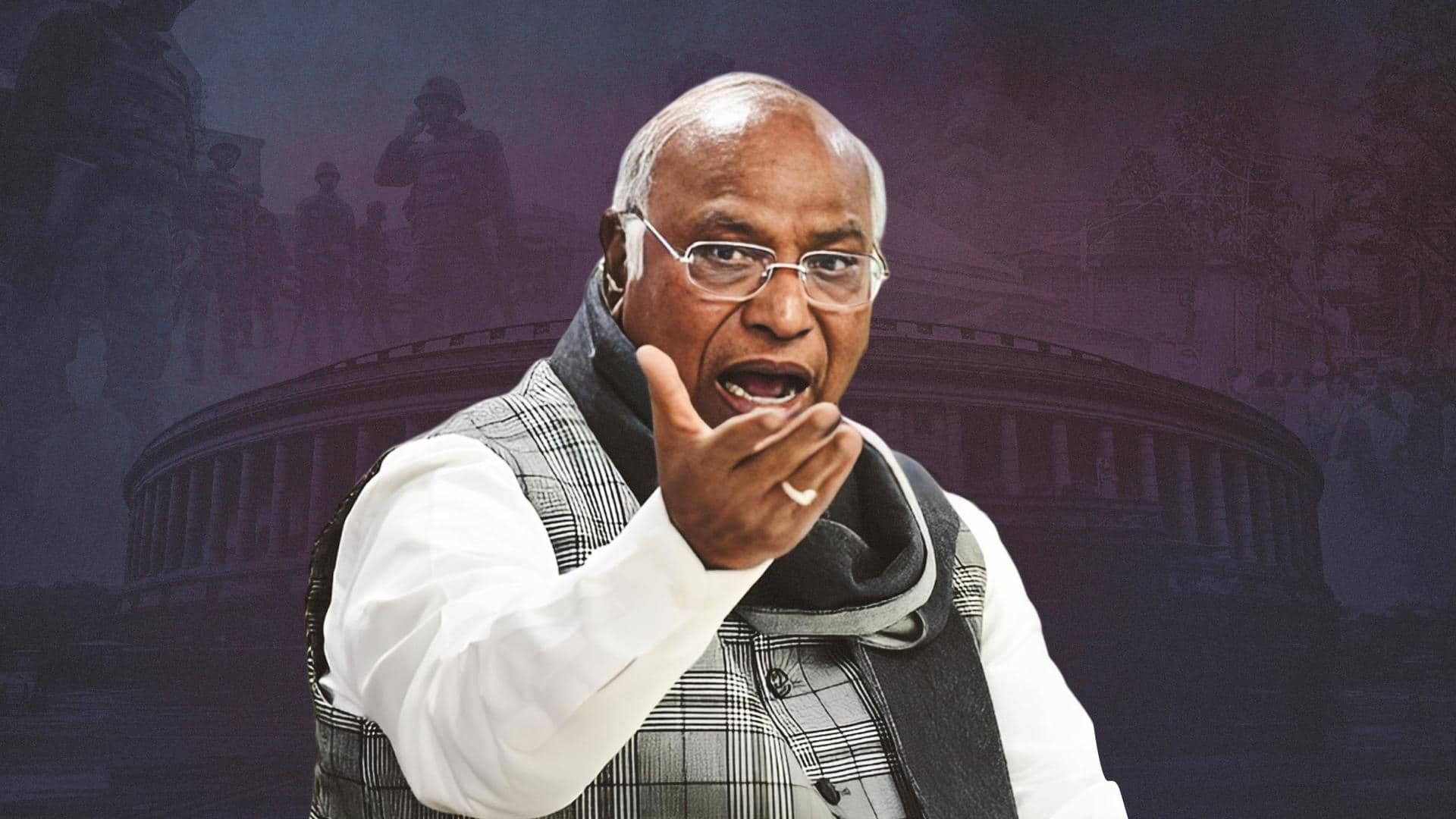
Rule 176 v/s 267: Opposition, Centre clash again over Manipur
What's the story
A day after an uproar over the disturbing video of two women being paraded naked by a mob in Manipur cut proceedings short in both Houses of Parliament, the Centre is facing another political row on day two of the monsoon session. Amid loud protests over the Manipur issue, the Rajya Sabha was adjourned until 2:30pm and the Lok Sabha for the entire day.
Context
Why does this story matter?
Day one of the monsoon session of Parliament on Thursday came to an abrupt end after MPs of opposition parties disrupted proceedings by shouting slogans related to Manipur. They demanded a discussion on the ongoing violence in the Northeastern state. Fifteen opposition MPs had also moved to suspend all business and hold a discussion on the issue.
Details
Opposition, Center's stand on discussing Manipur issue
Since the Parliament monsoon session started on Thursday, opposition parties have been demanding a longer discussion on the ongoing ethnic violence in Manipur under Rule 267. On the other hand, Rajya Sabha Chairman and Bharatiya Janata Party (BJP) leader Jagdeep Dhankhar said the central government was "keen and agreeable" to hold a "short duration discussion" under Rule 176.
More details
All you need to know about Rule 267
Under Rule 267, a Rajya Sabha MP can suspend the pre-decided agenda of the House with the chairman's approval. "Any Member, may move that any rule may be suspended in its application to a motion related to the business listed before the council of that day and if the motion is carried, the rule in question shall be suspended for the time-being," it says.
Know more
What is allowed under Rule 176
Whereas Rule 176 grants members a short-term discussion, under two and a half hours, on a matter of urgent public importance and requires handing a written notice to the Secretary-General specifying precisely the matter to be raised. The notice should also have an explanatory note stating the reasons behind the discussion on the matter, with the signatures of at least two other members.
History
Motions under Rule 267 have rarely been accepted
Notably, Rule 267 was invoked just 11 times between 1990 and 2016. The last time this occurred was in 2016, when then-Rajya Sabha Chairman Hamid Ansari permitted a discussion on the "demonetization of currency." Chairman Dhankhar asserted last year that introducing petitions under this rule "has become a known mechanism of causing disruption."
Further information
Opposition only wants to create disturbance, claims Meghwal
Reacting to Friday's developments, Junior Parliamentary Affairs Minister and saffron brigade leader Arjun Ram Meghwal alleged that the opposition does not want to discuss the Manipur issue and just wants to create a ruckus. "We asked the opposition also that we are ready for discussion," he told the news agency ANI. "But they only want to create disturbance," added Meghwal.
Twitter Post
Video of Meghwal's media interaction
#WATCH | Delhi: Arjun Ram Meghwal, Union Minister says, "The session of Parliament is going on and during the All Party meeting also we discussed it. We asked the opposition also that we are ready for discussion. But they only want to create disturbance." pic.twitter.com/pgqg3ZL0yz
— ANI (@ANI) July 20, 2023
Further details
Kharge targets Modi over Manipur issue
Meanwhile, Congress President and Leader of Opposition in Rajya Sabha Mallikarjun Kharge once again took aim at Prime Minister Narendra Modi, saying, "You did not make a statement inside the Parliament yesterday." "If you were angry then instead of making false equivalence with Congress-governed states, you could have first dismissed your Chief Minister of Manipur," he tweeted.
Twitter Post
Twitter post by Kharge
.@narendramodi ji,
— Mallikarjun Kharge (@kharge) July 21, 2023
You did not make a statement inside the Parliament, yesterday.
If you were angry then instead of making false equivalence with Congress governed states, you could have first dismissed your Chief Minster of Manipur.
INDIA expects you to make an elaborate…